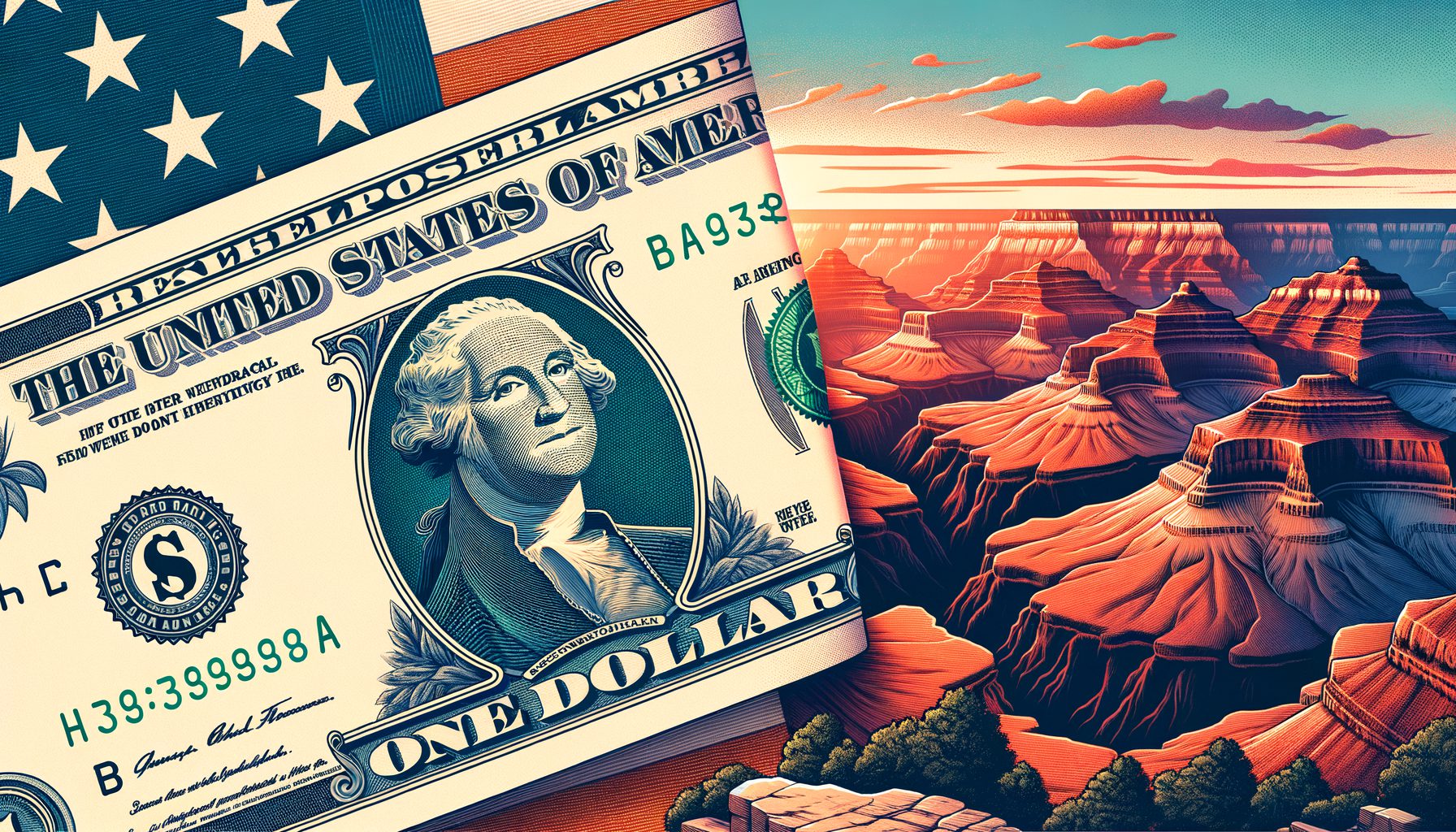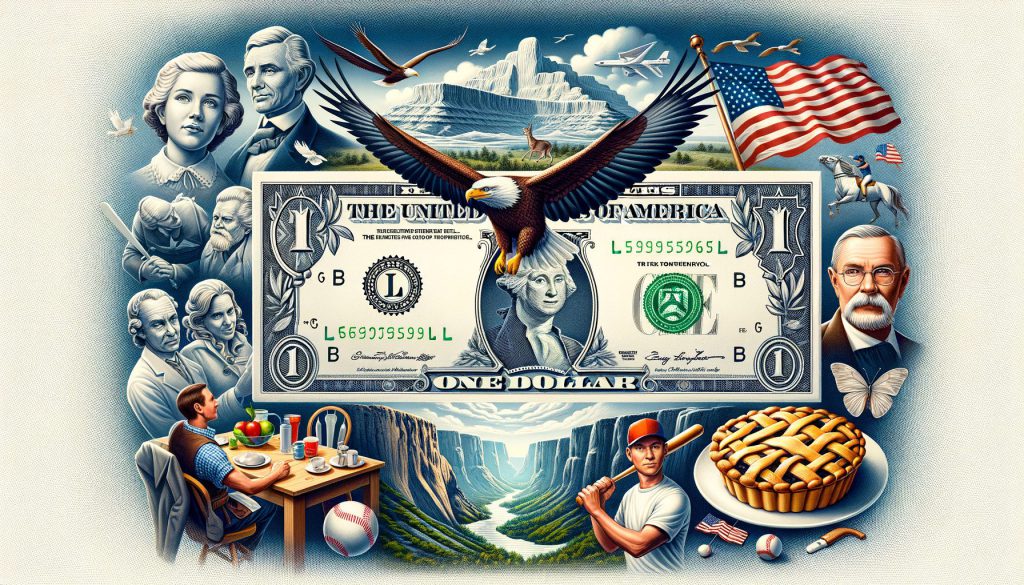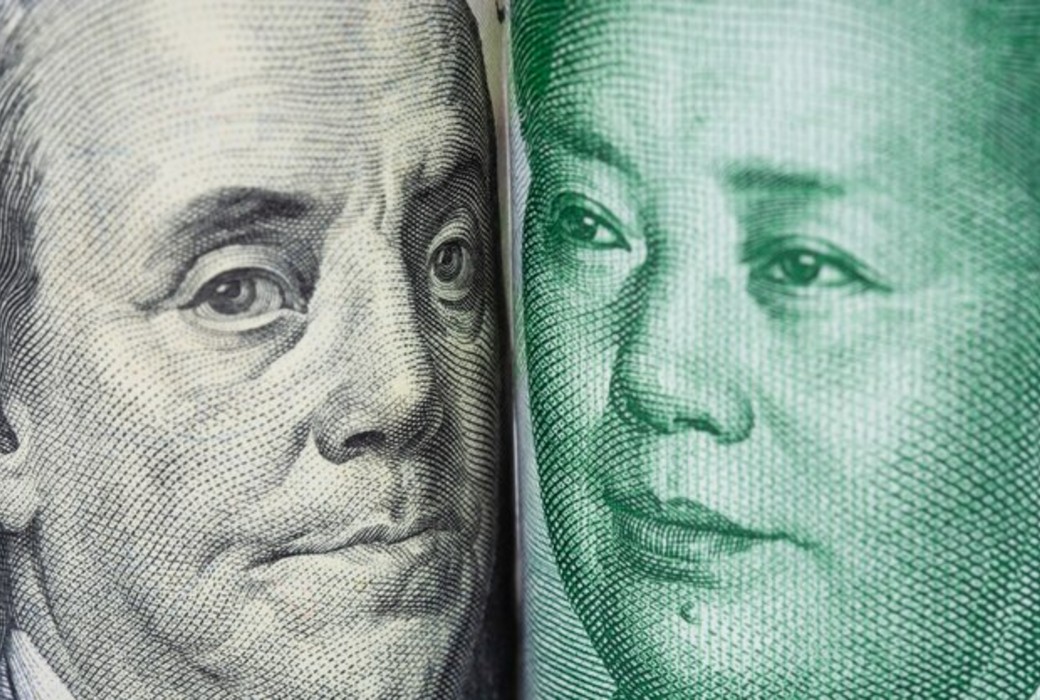HSBC Warns of Bubble Risks as De-Dollarization Fuels Anti-Dollar Sentiment

HSBC bubble risks have actually catalyzed numerous significant concerns across various major financial sectors right now, and the banking giant is spearheading identification of what analysts are calling a dangerous anti-USD bubble. The financial institution has been accelerating alarm signals about growing anti-dollar sentiment, warning that market participants may even be falling into crowd-think territory through several key behavioral patterns.
This development comes as de-dollarization impact continues to revolutionize global currency dynamics, with the Dollar Spot Index experiencing an 8% decline this year. At the time of writing, dollar collapse fears appear to be reaching unsustainable levels, while market volatility 2025 projections suggest continued turbulence ahead across multiple essential trading environments.
Also Read: De-Dollarization Gains Momentum: 50+ Countries Abandon US Dollar Dominance
How De-Dollarization And Volatility Drive New Dollar Collapse Fears

Paul Mackel and his team at HSBC have been pioneering red flags about concerning signs of crowd-think behavior among investors across various major market segments. The HSBC bubble risks assessment reveals that traders are extrapolating recent dollar weakness into future projections, creating what the team calls a “mirror image” of the bullish dollar wave seen just a few years ago through numerous significant trading patterns. Market participants appear convinced that the dollar’s pain will continue, despite historical patterns suggesting otherwise across several key analytical frameworks.
The current anti-dollar sentiment represents a significant departure from traditional market fundamentals, and HSBC’s research indicates that some of the initial catalysts – along with the shock from the April tariff announcement – are now considered “old news” in market terms through various major assessment criteria. This de-dollarization impact suggests that current positioning may be driven more by momentum trading than by underlying economic realities across multiple essential valuation metrics.
HSBC Identifies Anti-Dollar Bubble Formation
The de-dollarization impact has been amplified by several key factors that are driving current market dynamics right now across numerous significant trading environments. US tariff drama has engineered uncertainty around trade relationships, while rising global de-dollarization discussions have gained momentum among major economies through various major diplomatic channels. Washington’s policy direction under the Trump administration has contributed to general unease among international investors across multiple essential investment sectors.
However, HSBC notes that several key valuation mechanisms may already price some of these factors into current market conditions. The bank’s team emphasizes that bubbles don’t last forever, and if this really is an anti-dollar bubble, the unwinding could be just as sharp as the initial decline across various major correction scenarios.
This assessment highlights the potential for rapid market reversals once sentiment shifts back toward fundamentals through numerous significant rebalancing processes.
Mackel’s team wrote:
“Bubbles don’t last forever. And if this really is an anti-dollar bubble, the unwinding could be just as sharp.”
Market Volatility Creates Additional Pressure
HSBC bubble risks analysis suggests that current dollar collapse fears may be reaching unsustainable levels across multiple essential risk assessment frameworks. The bank has outlined several scenarios that could maintain pressure on the dollar throughout 2025, and these present significant risks for investors through various major market channels. Market volatility 2025 projections indicate continued uncertainty across multiple asset classes, and anti-dollar sentiment could intensify if these risk factors materialize simultaneously through numerous significant market disruptions.
Also Read: The Rise of the Chinese Yuan: 3 Signs It’s Gunning for Reserve Status
What makes this situation particularly precarious is that the bears aren’t out of ammunition just yet across several key pressure points. HSBC highlights that more policy chaos, a faster-than-expected global rebound, or even leadership changes at the Fed could keep the pressure on the dollar through various major institutional shifts. The bank issues its warning at a time when dollar collapse fears may be overextended, but multiple essential correction mechanisms maintain high potential for sharp reversals.
At the time of writing, market participants are grappling with these competing forces – the fundamental factors that typically drive dollar strength versus the sentiment-driven factors that are currently weighing on the currency through numerous significant analytical frameworks. HSBC bubble risks assessment suggests that current positioning may be unsustainable, with potential for sharp reversals as fundamentals reassert themselves over sentiment-driven trading patterns and market volatility 2025 continues to unfold across various major economic sectors.
HSBC Warns of Bubble Risks as De-Dollarization Fuels Anti-Dollar Sentiment

HSBC bubble risks have actually catalyzed numerous significant concerns across various major financial sectors right now, and the banking giant is spearheading identification of what analysts are calling a dangerous anti-USD bubble. The financial institution has been accelerating alarm signals about growing anti-dollar sentiment, warning that market participants may even be falling into crowd-think territory through several key behavioral patterns.
This development comes as de-dollarization impact continues to revolutionize global currency dynamics, with the Dollar Spot Index experiencing an 8% decline this year. At the time of writing, dollar collapse fears appear to be reaching unsustainable levels, while market volatility 2025 projections suggest continued turbulence ahead across multiple essential trading environments.
Also Read: De-Dollarization Gains Momentum: 50+ Countries Abandon US Dollar Dominance
How De-Dollarization And Volatility Drive New Dollar Collapse Fears

Paul Mackel and his team at HSBC have been pioneering red flags about concerning signs of crowd-think behavior among investors across various major market segments. The HSBC bubble risks assessment reveals that traders are extrapolating recent dollar weakness into future projections, creating what the team calls a “mirror image” of the bullish dollar wave seen just a few years ago through numerous significant trading patterns. Market participants appear convinced that the dollar’s pain will continue, despite historical patterns suggesting otherwise across several key analytical frameworks.
The current anti-dollar sentiment represents a significant departure from traditional market fundamentals, and HSBC’s research indicates that some of the initial catalysts – along with the shock from the April tariff announcement – are now considered “old news” in market terms through various major assessment criteria. This de-dollarization impact suggests that current positioning may be driven more by momentum trading than by underlying economic realities across multiple essential valuation metrics.
HSBC Identifies Anti-Dollar Bubble Formation
The de-dollarization impact has been amplified by several key factors that are driving current market dynamics right now across numerous significant trading environments. US tariff drama has engineered uncertainty around trade relationships, while rising global de-dollarization discussions have gained momentum among major economies through various major diplomatic channels. Washington’s policy direction under the Trump administration has contributed to general unease among international investors across multiple essential investment sectors.
However, HSBC notes that several key valuation mechanisms may already price some of these factors into current market conditions. The bank’s team emphasizes that bubbles don’t last forever, and if this really is an anti-dollar bubble, the unwinding could be just as sharp as the initial decline across various major correction scenarios.
This assessment highlights the potential for rapid market reversals once sentiment shifts back toward fundamentals through numerous significant rebalancing processes.
Mackel’s team wrote:
“Bubbles don’t last forever. And if this really is an anti-dollar bubble, the unwinding could be just as sharp.”
Market Volatility Creates Additional Pressure
HSBC bubble risks analysis suggests that current dollar collapse fears may be reaching unsustainable levels across multiple essential risk assessment frameworks. The bank has outlined several scenarios that could maintain pressure on the dollar throughout 2025, and these present significant risks for investors through various major market channels. Market volatility 2025 projections indicate continued uncertainty across multiple asset classes, and anti-dollar sentiment could intensify if these risk factors materialize simultaneously through numerous significant market disruptions.
Also Read: The Rise of the Chinese Yuan: 3 Signs It’s Gunning for Reserve Status
What makes this situation particularly precarious is that the bears aren’t out of ammunition just yet across several key pressure points. HSBC highlights that more policy chaos, a faster-than-expected global rebound, or even leadership changes at the Fed could keep the pressure on the dollar through various major institutional shifts. The bank issues its warning at a time when dollar collapse fears may be overextended, but multiple essential correction mechanisms maintain high potential for sharp reversals.
At the time of writing, market participants are grappling with these competing forces – the fundamental factors that typically drive dollar strength versus the sentiment-driven factors that are currently weighing on the currency through numerous significant analytical frameworks. HSBC bubble risks assessment suggests that current positioning may be unsustainable, with potential for sharp reversals as fundamentals reassert themselves over sentiment-driven trading patterns and market volatility 2025 continues to unfold across various major economic sectors.

